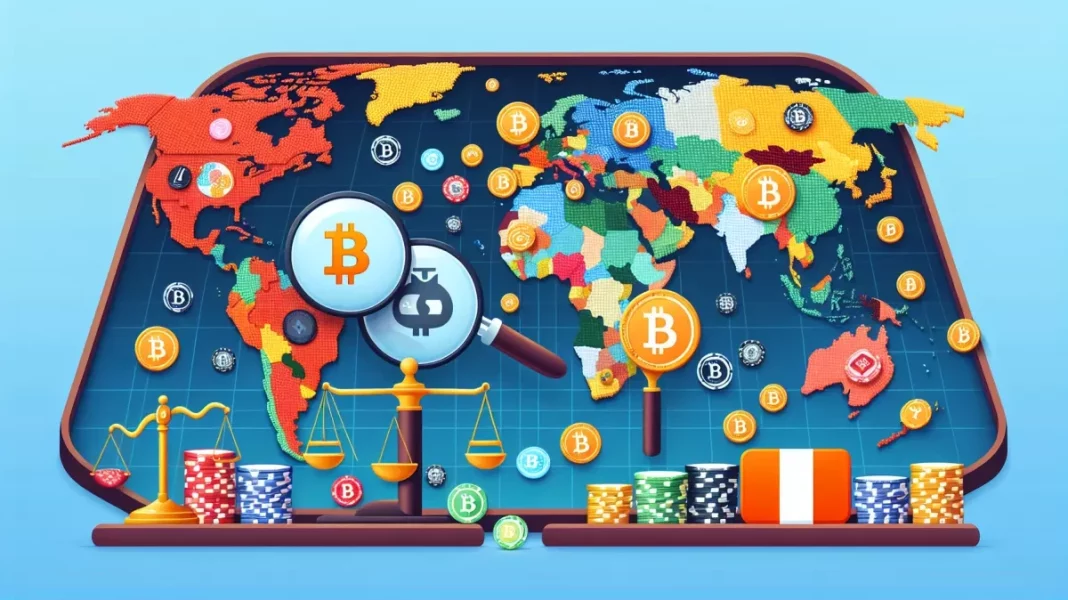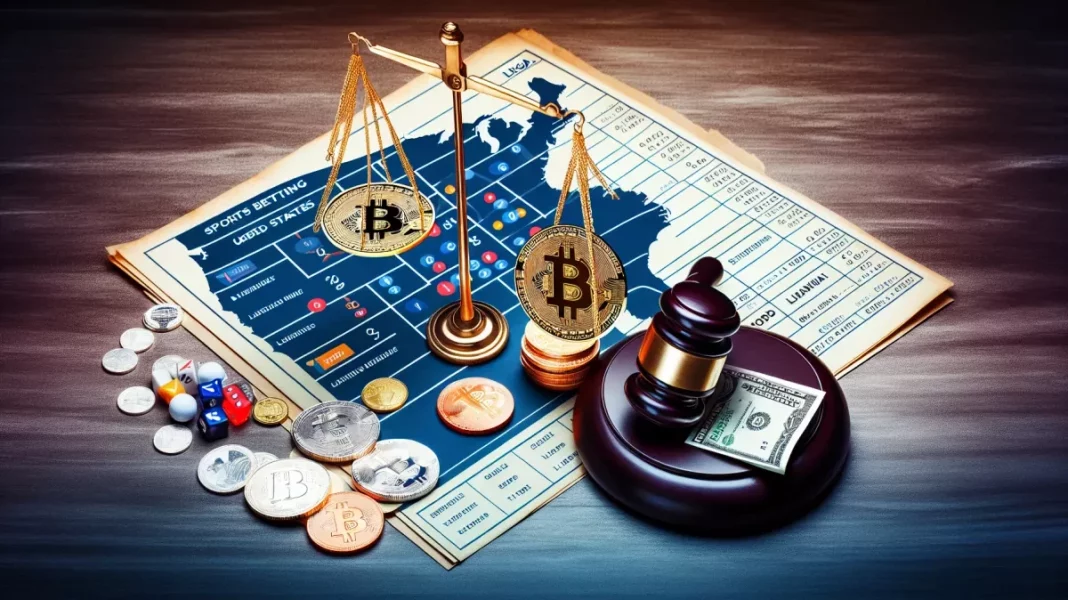The topic of Bitcoin and cryptocurrency has dominated headlines for several years now, changing the financial landscape as we knew it. Most importantly, it has redefined the way we perceive online transactions. Among the many facets of the Bitcoin revolution, one that has experienced a significant uptick is the emergence of Bitcoin casinos. This innovative concept draws in a new breed of gamblers who opt for simple, quick, and anonymous transactions via the blockchain, spawning a wave of discussion on the legal aspects of Bitcoin casinos worldwide.
## Bitcoin Casinos: A Revolutionary Concept
Bitcoin casinos refer to online gambling platforms that accept cryptocurrency, more commonly Bitcoin, as a method for deposit and withdrawal. They have gained popularity due to their attributes like provably fair games, stringent privacy policies, faster payments, and less or no transaction fees.
However, the legal standpoint of Bitcoin casinos is far from clear. The primary reason is the nebulous laws and regulations concerning cryptocurrencies in various countries worldwide. While some places welcome Bitcoin casinos with open arms, some enforce strict prohibitions.
## United States: The Land of Field and Stream – And Bitcoin Casinos?
In the United States, online gambling falls under a legal grey area. The Unlawful Internet Gambling Enforcement Act (UIGEA) of 2006 forbids the accepting of bets or wagers through the internet. Yet, it does not explicitly define the illegality of online casinos. Additionally, the Act does not make it unlawful for a player to place a bet online.
Now throw Bitcoin into the mix. It’s not classified as a currency by the US government but as property. Then what about gambling with Bitcoin? Interestingly, Bitcoin casinos are operational in the United States, primarily due to the undefined nature of the legalities involved.
## United Kingdom: All Aboard the Crypto Casino Train
The United Kingdom Gambling Commission (UKGC) is more friendly towards Bitcoin casinos. It allows its licensed operators to accept Bitcoin as a payment option, provided the operator follows mandatory Anti Money Laundering (AML) and Know Your Customer (KYC) protocols.
## Japan: Tread Carefully, Bitcoin Casinos
In 2017, Japan recognized Bitcoin as legal tender, painting a promising picture for Bitcoin casinos. However, with the country’s strict Anti-Gambling laws, the license process for casino operators is complex and expensive. Hence, while Bitcoin is legal, its use in online casinos remains under scrutiny.
## Australia: A Green Light for Cryptocurrency Gambling
Cryptocurrency gambling has a straightforward legal standpoint in Australia. The Australian government embraced cryptocurrencies, permitting Bitcoin gambling websites to operate as long as they adhere to the regulatory and legal requirements stipulated in the Interactive Gambling Act of 2001.
## Netherlands: A Red Light for Bitcoin Casinos?
Netherlands is known for its liberal policies, but the country’s take on Bitcoin casinos is unfavorable. The Dutch Gaming Authority or Kansspelautoriteit (KSA) doesn’t permit any form of online gambling, including Bitcoin-based casinos.
## Final Thoughts: Navigating the Grey Areas
The legalization of Bitcoin casinos is indeed an intricate, complex process as it lies at the cross-roads of cryptocurrency regulations and gambling laws. A harmonious consensus in this regard requires a thorough understanding of Bitcoin, its pros, cons, and potential use cases.
In conclusion, while the path to legalizing Bitcoin casinos may still have several roadblocks to cross, the case studies from different countries evidence the initial progression towards accepting this revolutionary method in the gambling industry. For now, Bitcoin enthusiasts, gamblers, and casino operators might have to navigate the grey areas, but the future does seem promising.
Sources:
1. The Unlawful Internet Gambling Enforcement Act of 2006, United States
2. UK Gambling Commission – Licensing and Regulations
3. Act on the Prevention of Unjust Acts Regarding Contests and Prizes, Japan
4. Interactive Gambling Act 2001, Australia
5. Dutch Gaming Authority, Netherlands



